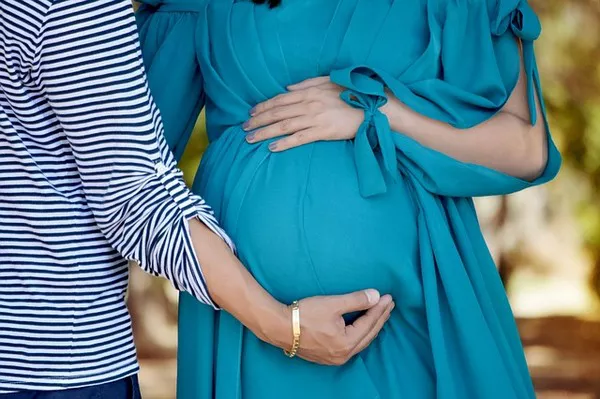The placenta plays a crucial role in pregnancy by facilitating nutrient exchange and protecting the fetus from infections. Recent research led by geneticist Roser Vento-Tormo’s group at the Wellcome Sanger Institute has uncovered new insights into how specialized placental macrophages, known as Hofbauer cells (HBC), contribute to defending against pathogens.
Traditionally, placental research relied on mouse models, which do not fully replicate the complexity of human placental structure. To address this limitation, Vento-Tormo’s team used human placental explants obtained from donors who provided consent following Cesarean sections. These explants remained viable for up to 72 hours, allowing researchers to study how the human placenta responds to infections such as malaria and listeriosis.
The study, utilizing single-cell RNA sequencing (scRNA-seq) on placental explants, revealed that pathogens like Plasmodium falciparum, the cause of malaria, trigger specific immune responses in HBC. For instance, exposure to P. falciparum led to an upregulation of heme oxygenase-1 (HMOX1) in HBC. HMOX1 is known for its anti-inflammatory and antioxidant properties, suggesting a role for HBC in mitigating placental oxidative stress during infections.
Elias Ruiz-Morales, a graduate student involved in the study, emphasized the implications for maternal health: “Malaria can lead to miscarriages and other complications. Modulating inflammation through pathways identified in our study could potentially reduce these risks.”
Moreover, the research highlighted that HBC, previously thought primarily for nutrient exchange and trophoblast regulation, also play a crucial role in the fetal immune defense against pathogens. This newfound understanding opens avenues for developing targeted treatments for pregnancy-specific infections, which are currently limited.
Deanne Taylor, a bioinformatician not involved in the study, commented on its significance: “This research expands our understanding of placental immunity and its potential clinical applications.”
Looking ahead, Vento-Tormo’s team aims to extend the viability of placenta explants beyond 72 hours to study chronic placental conditions more comprehensively. Ruiz-Morales expressed optimism about the impact of their work: “I hope that our findings on placental immune responses can benefit women and children globally.”
In conclusion, the study underscores the importance of exploring placental immunity to improve maternal and fetal health outcomes, particularly in the context of infectious diseases during pregnancy.


